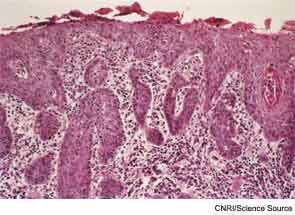Otolaryngology practices have until October 1, 2013 to begin reporting data to meet regulations set by CMS



As otolarngology practices earn more income from meeting quality measures and patient satisfaction goals, dividing money among staffers becomes an increasingly important consideration


Otolaryngologists to involve epidemiologists, mental health professionals, and others in patient education, follow-up care, and use of adjunctive hearing-assistance devices

Oral steroids in chronic rhinosinusitis; macrolide therapy for chronic rhinosinusitis; parotid gland lymphoma consideration in parotid lesion evaluation; better dialogues with patients may minimize liability in cranial nerve injury malpractice trials; obesity in children with OSA can lead to depression, withdrawal; many otolaryngologists dissatisfied with current sinus CT results
Physicians’ business associates can now face civil, criminal penalties for violating HIPAA confidentiality laws

Sites provide tool to market products, services, but comments hard to control

Quality initiative aims to give physicians feedback on their diagnosis and treatment of patients with oral cavity cancers
Transnasal balloon catheter dilation of eustachian tube relieves ear pressure; fat graft myringoplasty highly successful in certain tympanic membrane perforations; molecular testing may improve differentiated thyroid cancer diagnoses; polysomnography widely used in pediatrics, but not up to practice guidelines; length of intubation, number of sedation doses affect subglottic stenosis risk in children; little difference between tetracaine and lidocaine for nasal endoscopy

Environmental pollutants, such as second-hand smoke, chlorine in pools, and pesticides are associated with greater risk for allergies, studies report